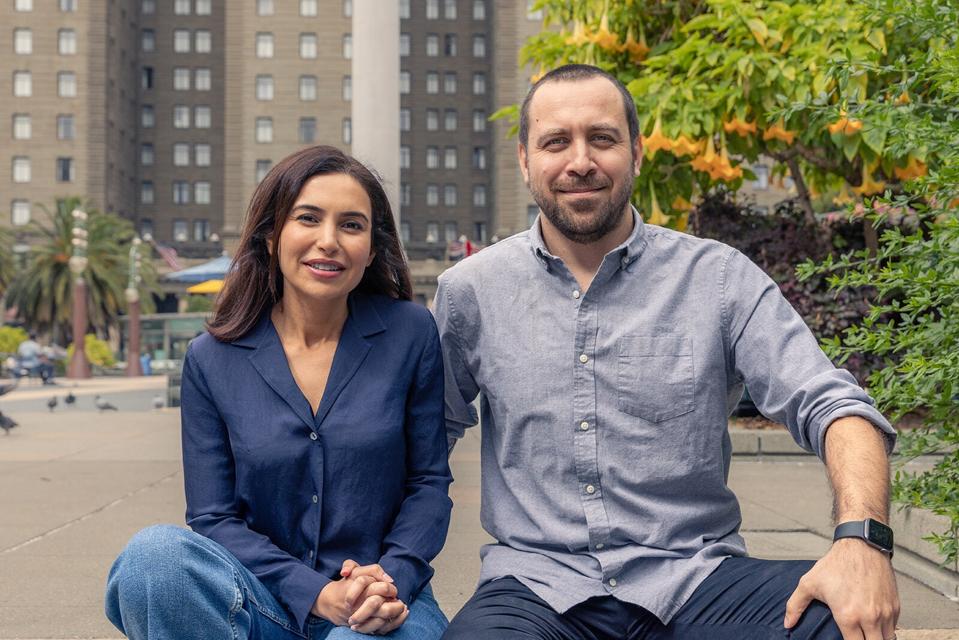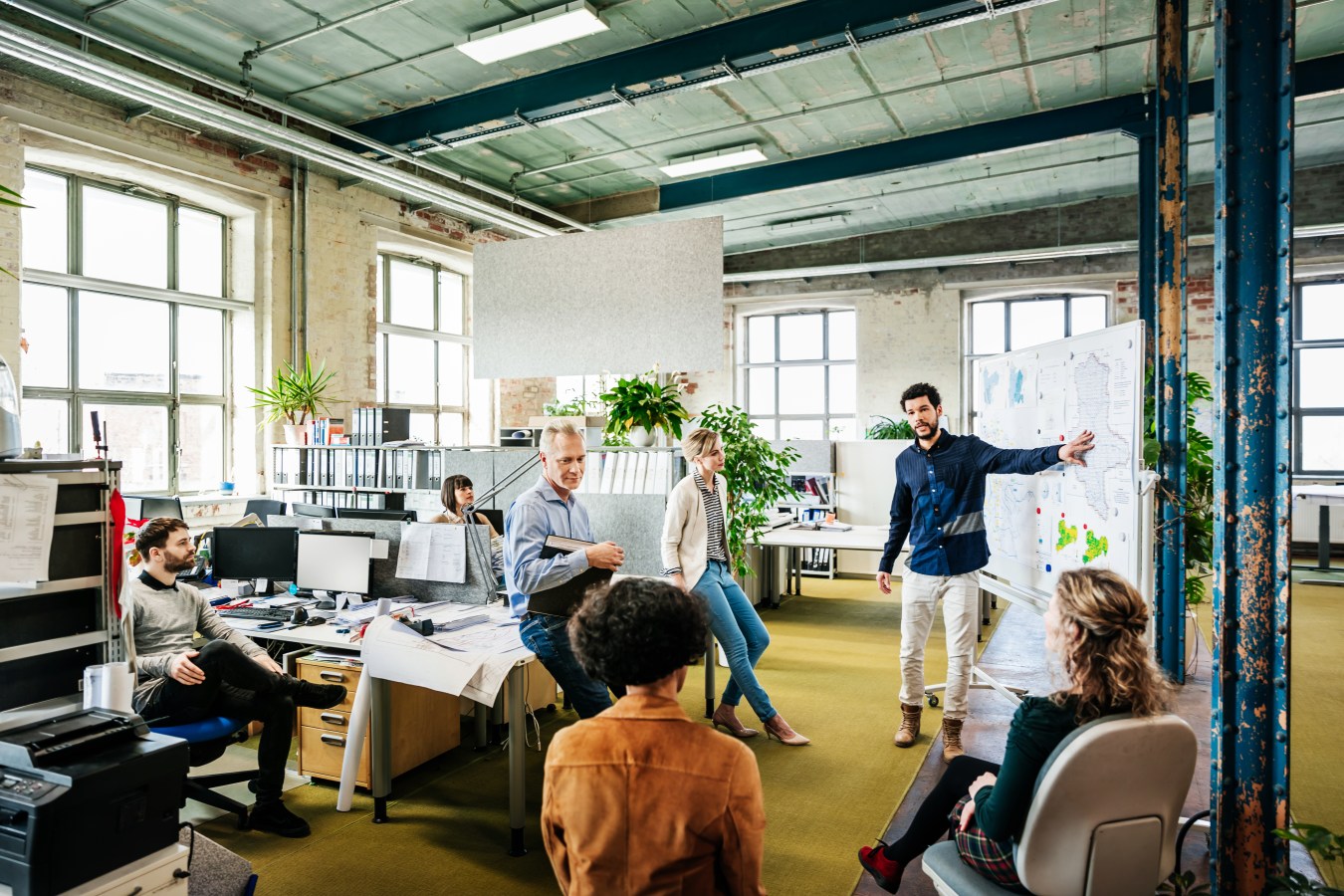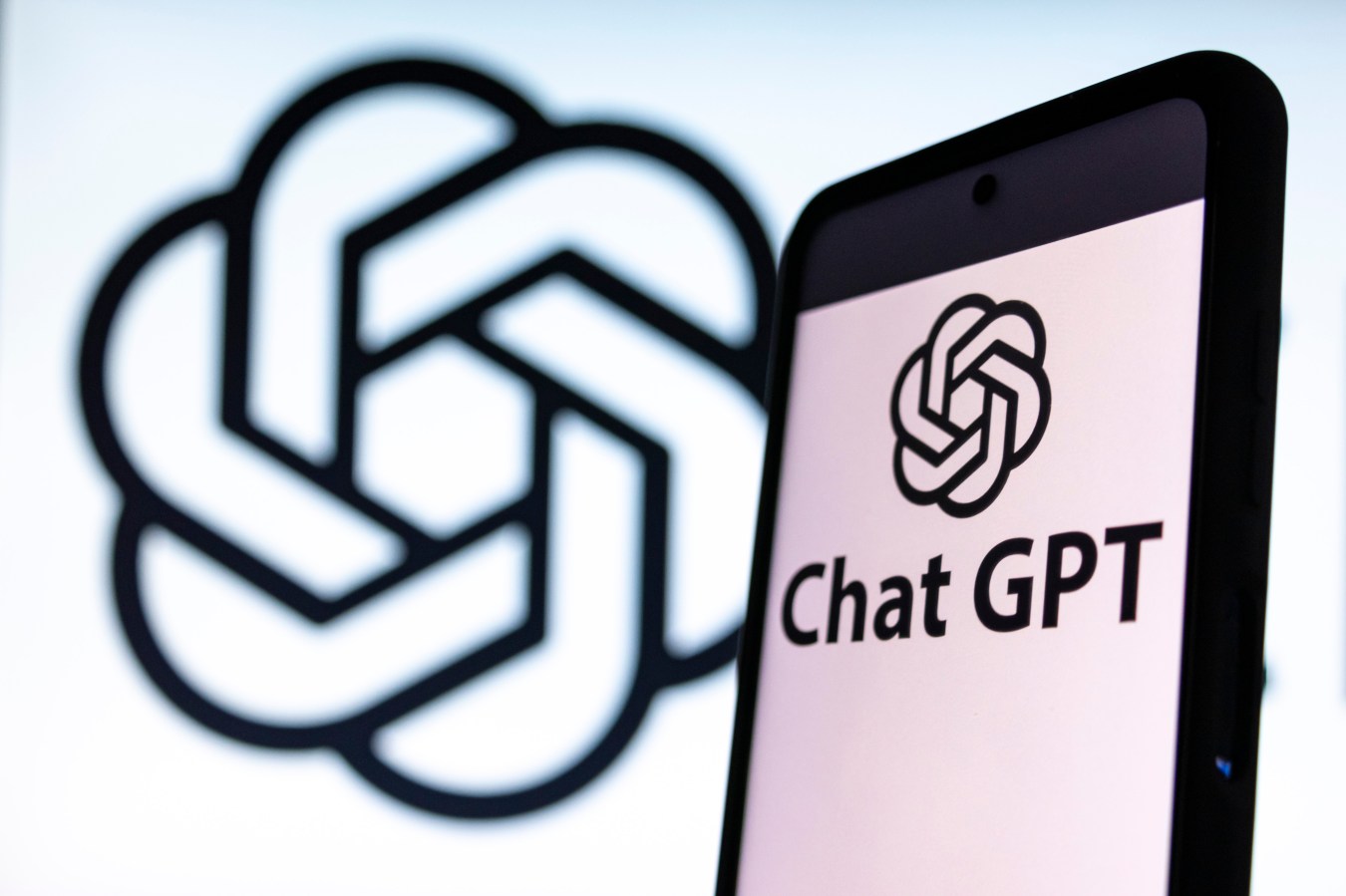
OpenAI holds first-ever Dev Day, unveils customisable ‘GPTs’
Microsoft-and-Google-backed artificial intelligence firm, OpenAI, held its first-ever DevDay on Monday November 6th, unveiling a slew of new developer products. One of those will allow users to create their own ‘GPTs’. In a blog post, OpenAI revealed it would roll out custom versions of its flagship generative AI products, ChatGPT, called GPTs. These GPTs could […]








